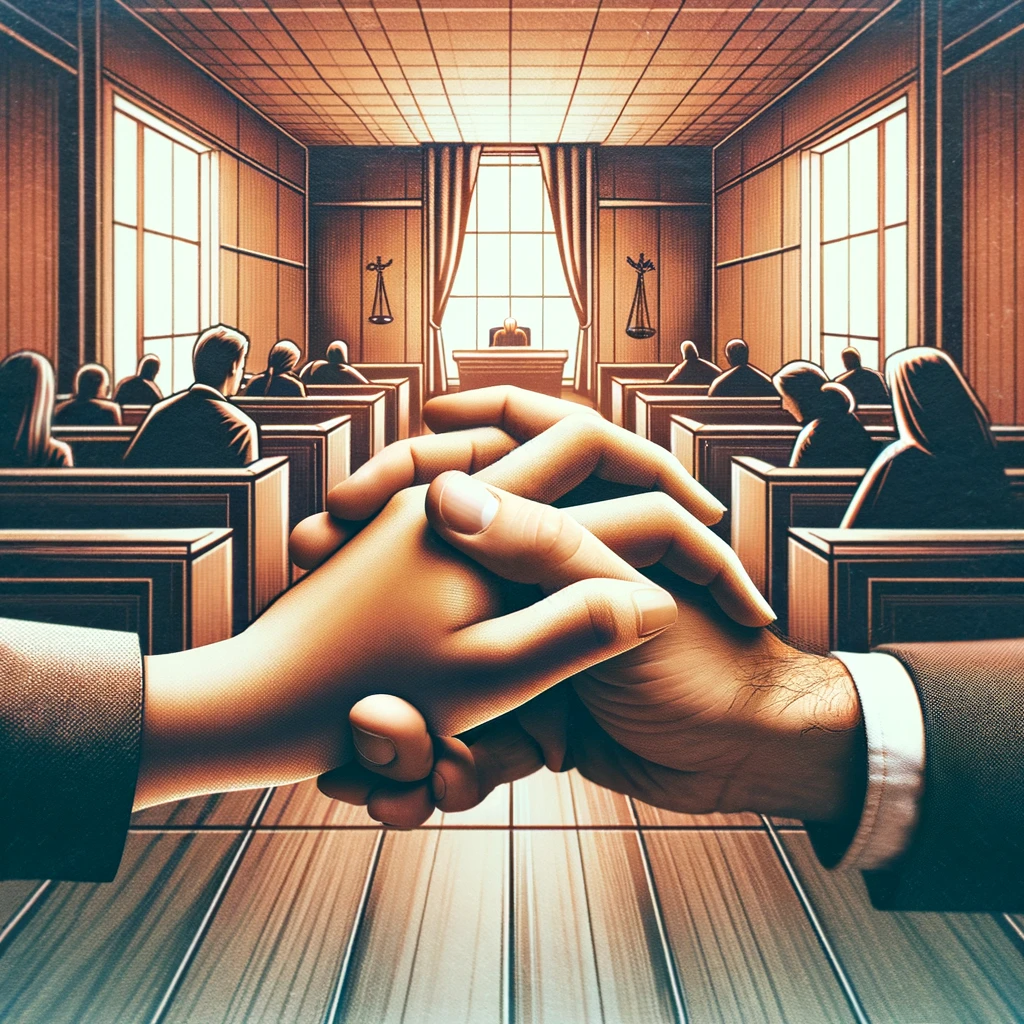In a small interview room at a detention center, illuminated by harsh fluorescent lights, I encountered a young client who had been repeatedly misunderstood by the criminal justice system. This encounter was more than just another case; it epitomized my approach to criminal defense. Despite facing charges yet again, he was more than his past mistakes – a person in need of understanding and a chance for redemption. This story underscores my commitment to delving deeper, comprehending each client’s unique circumstances, and advocating passionately on their behalf.
Understanding the Charge: More Than an Allegation
Many are surprised to discover how easily a person can be charged with a crime. A charge is merely an allegation, not proof of guilt. It can result from an arrest at the scene or a warrant based on probable cause. However, it’s essential to grasp the distinction: an accusation is rooted in suspicion, not certainty.
The Essence of Probable Cause
Imagine a scenario where evidence suggests a crime might have occurred, but certainty eludes us. This encapsulates probable cause. It’s critical to recognize that being charged does not equate to being guilty. This is where my role commences: ensuring every accused individual receives a fair defense, a cornerstone of our justice system.
Guarantees of Our Legal System
Our legal framework is founded on Due Process rights, including the presumption of innocence, the right to remain silent, and notably, the right to effective legal representation. These rights were pivotal in securing a better future for my young client, illustrating the system’s capacity for fairness.
Why These Rights Matter
Reflecting on the maxim often attributed to William Blackstone, “Better that 1,000 guilty people go free than one innocent suffer,” underscores our criminal justice system’s ethos. It’s a process-centric approach where the means are as crucial as the ends. As a defense attorney, my role extends beyond my clients; it encompasses upholding the integrity of the entire system.
My Personal Journey: Advocacy at Its Core
My journey into advocacy began in childhood, often finding myself needing someone to speak on my behalf. This experience taught me the power of advocacy – being a voice for those who struggle to speak for themselves. It propelled me toward law and defense, where I could harness this passion into meaningful action for my clients. This early lesson in the value of speaking for others drives my commitment to ensuring that my clients’ stories are heard and given the consideration they deserve within the justice system.
Conclusion
I stand for the accused because justice demands it. In a society where judgment comes swiftly, I take pride in offering a voice for the marginalized and ensuring they receive the vigorous defense they deserve.
If you or someone you know is navigating the complexities of the criminal justice system, you don’t have to face it alone. Contact me for a consultation where your rights will be defended, and your story heard. Let’s ensure the system works for you as it was designed to.

